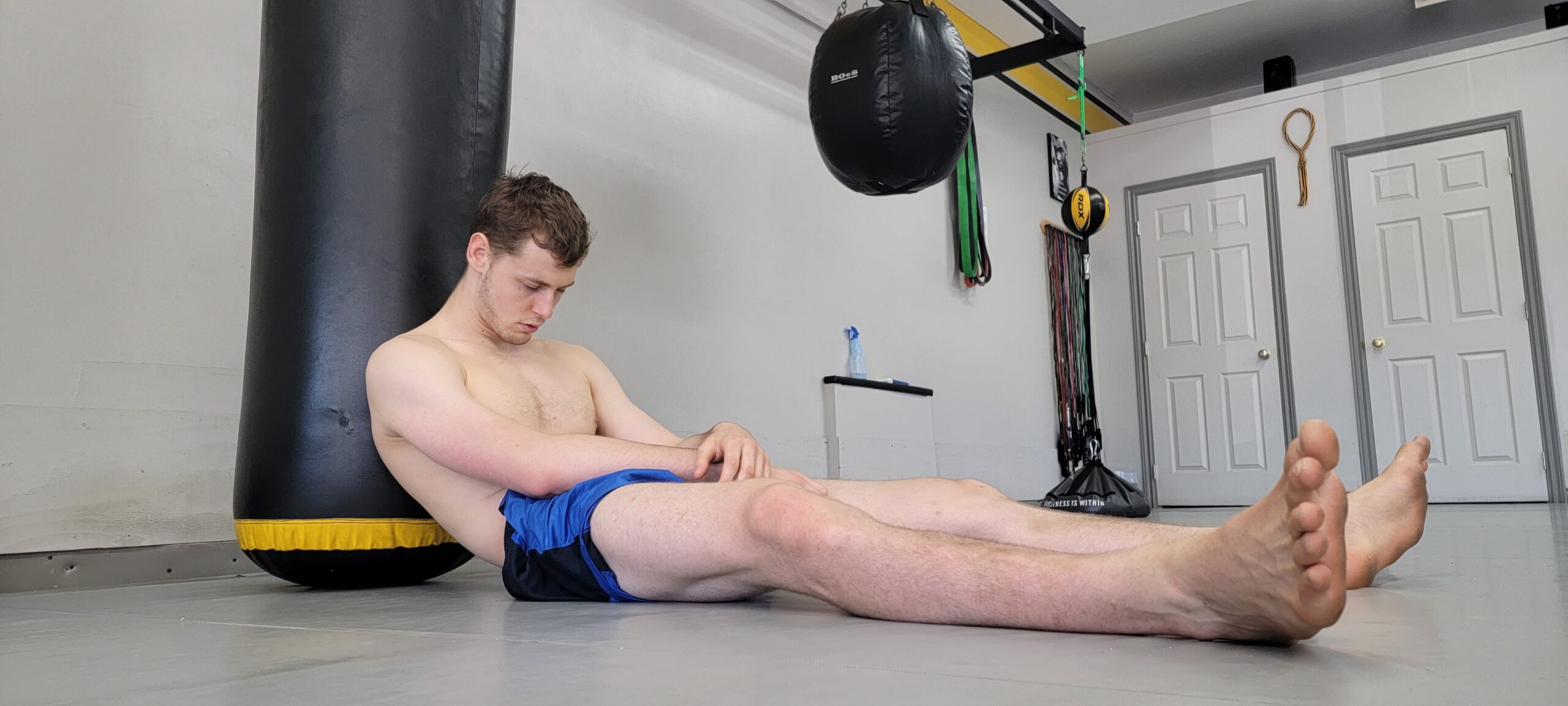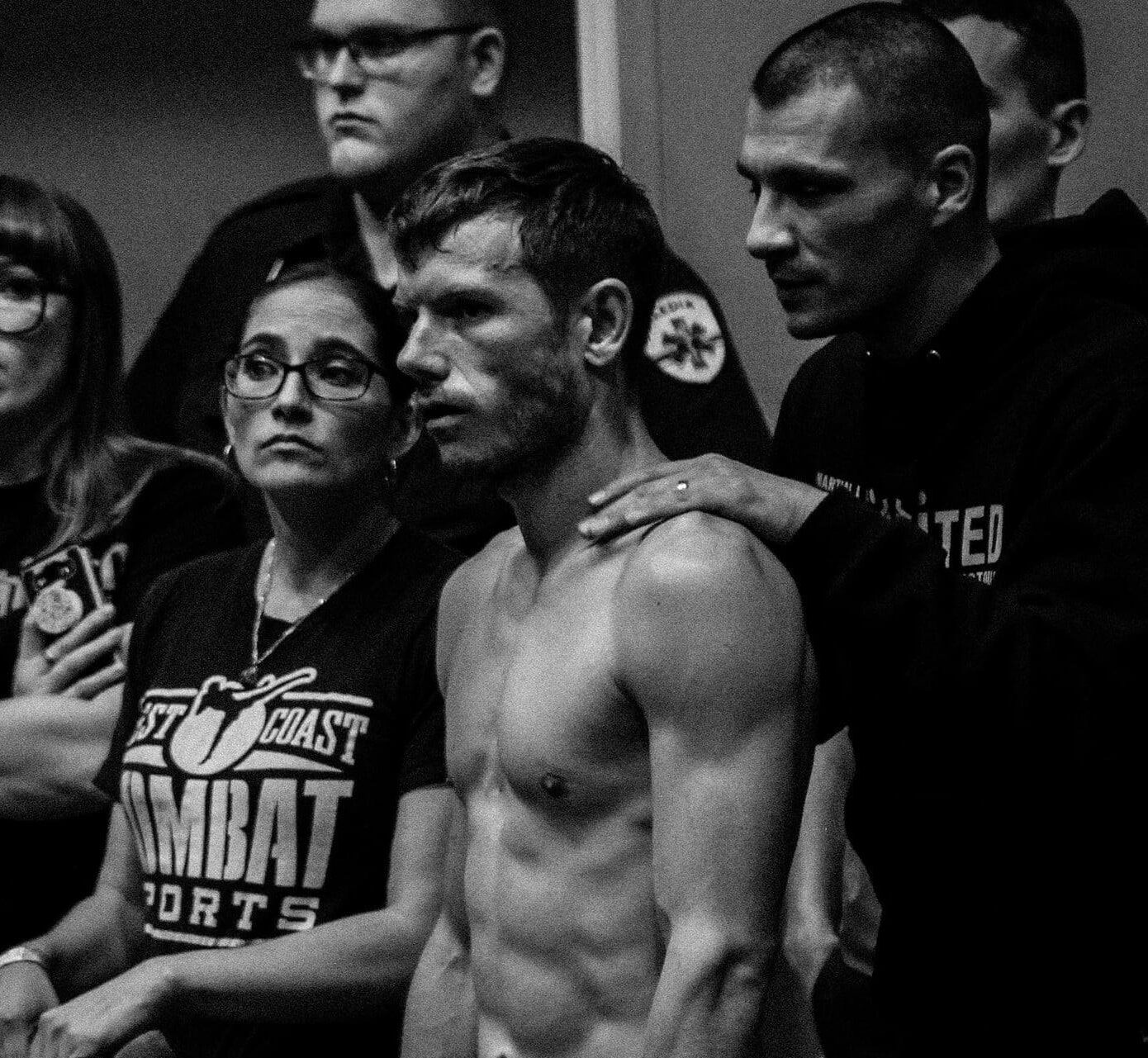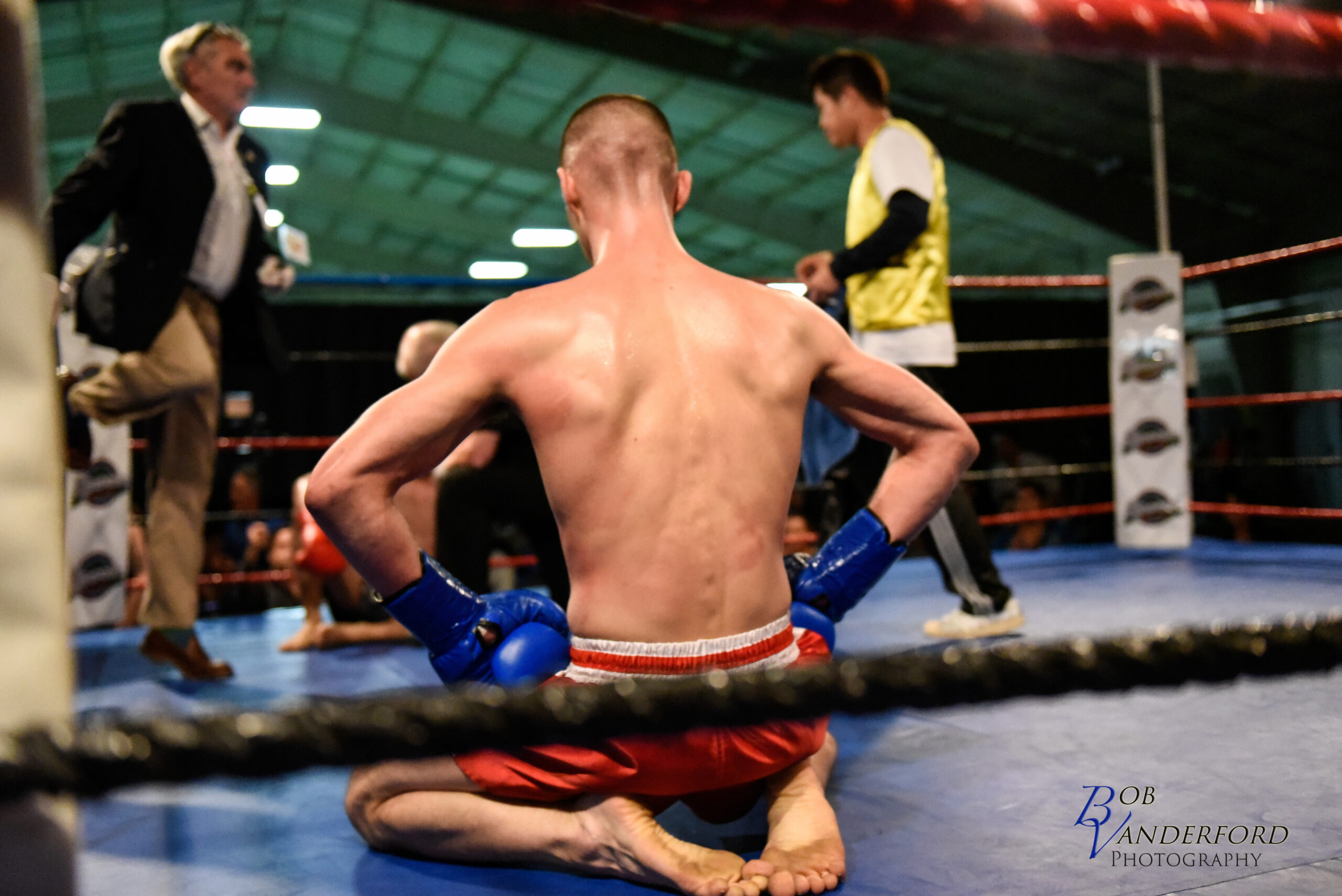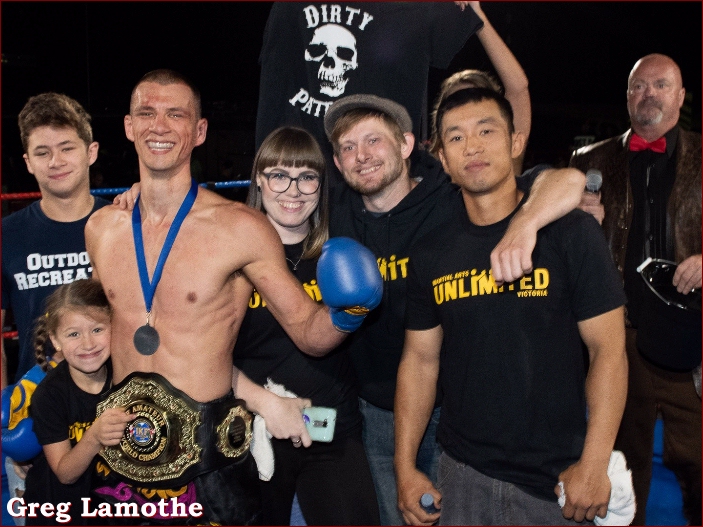Combating Burnout
There comes a time in every person’s martial arts journey when they encounter the dreaded threat of “burnout”. In the early stages of training, it’s difficult to understand how a person could ever get bored with it. The endorphins from the physically difficult training, the constant dopamine hits from achieving training goals, and the serotonin and oxytocin we get from the community aspects of training turn the study of martial arts into a “happy hormone” factory that can feel unparalleled in its ability to improve the quality of our lives in a single setting. I commonly hear my students say, “I don’t know what I’d be doing if I hadn’t found this place,” or “This has become one of the most important parts of my life.” And yet, despite how easy martial arts are to love, burnout eventually finds a way to rear its ugly head. When it does, we are left wondering what is left for us in martial arts. Perhaps a bit ironically, a big part of the opportunity for growth that martial arts training offers us comes from overcoming this very obstacle.
There is a term in psychology known as “habituation”. Habituation refers to the decrease in response to a stimulus after repeated presentations. It is demonstrated when we grow accustomed to a situation or stimulus, thereby diminishing its effect on us. This explains how a person can watch a TV show while there is loud construction just outside their home. The noises of construction become habituated so that a person can tune them out and pick out the dialogue and sounds of their show even while the hammering continues outside their window. Another form of habituation is the habituation of relationships. “New love” is a perfect example. It’s the early stage of a relationship when two people can see no wrong in each other. Before habituation sets in, they enjoy the thrill of a new relationship and are hyper responsive to any stimulus coming from that relationship. The novelty of it feels fantastic and when that novelty begins to wear off, the little things that were so easy to overlook start to stare them squarely in the face and they are left wondering if the new relationship was all they were building it up to be.
If you look closely at martial arts training, it’s easy to see how this applies. When you first discover martial arts, it has all the recognizable checkboxes of a new relationship. You meet a new gym, and your interest is piqued. The coach/sensei seems like a nice person, the people there seem cool, and the activity seems like a lot of fun. You try out a lesson and like a first date that has gone well, you go home really excited to see the gym again. You set up a second date, and then a third. Before long, you’ve entered a new relationship and everything in life seems brighter and more colourful. You can hardly believe how grey and boring your life was before finding the gym. Does this sound familiar? I suspect it does because it is the actual experience of almost every person that I have met that has been bitten by the martial arts bug.
Regardless of the easy love of those early days, habituation will inevitably come knocking, and you will need to be more active in your search for meaning in this no longer new endeavour. Fitness and skills plateaus will happen. Learning new moves occurs less and less and rote repetition of the same movements occurs more and more. Many people take this to mean that perhaps they were wrong about how great martial arts are but that’s a shallow viewpoint for people who lack the grit to do the work necessary to keep a relationship going. If a person expects anything to maintain its novelty over a period of years, they are going to have a tough life. We must shift our perspective so we can dig deeper into our interests over longer time horizons lest we perpetually find ourselves bored with things and looking for something new to fill that void. While the novelty of our relationship with martial arts begins to subside in its intensity, we have an opportunity to build something deeper and longer lasting than the “honeymoon” phase of training.
In Angela Duckworth’s book, “Grit,” she writes “For the beginner, novelty is anything that hasn’t been encountered before. For the expert, novelty is nuance.” This is an important realization we all must make when we encounter burnout in our training. “Novelty is nuance.” Maintaining passion for anything over the long term is going to require WORK! We must find novelty in nuance once our excitement over the discovery phase starts to wane. Duckworth offers the following on what science has to say to the person who can’t seem to stick with their passions once the thrill of novelty begins to pass, “Passion for your work is a little bit of discovery, followed by a lot of development, and then a lifetime of deepening.”
If this isn’t painting a clear picture of what to do about burnout, it’s because the answer is different for different people. We are all unique in what we enjoy and taking part in the martial arts lifestyle can look wildly unique across the spectrum of personalities that end up living it. One thing that remains consistent is that we are all seeking some form of progress. It’s not enough to simply show up and train multiple times a week. We want to see ourselves changing and growing from the fruits of our labours. Maintaining a high level of fitness and making small, incremental improvements in our skills cannot hold our rapt attention over the long haul. We want and naively expect to go into training sessions at one level and leave at another one. That is part of what hooked us all in the first place. Our early improvements came easily because it’s very easy to get better when the starting point is zero skills. The feeling of seeing our skills catapulting upwards is addicting but, it’s much more difficult to stimulate progress once you have reached a level of relative proficiency. It helps if we can find our own personal internal drivers to continue training and as mentioned, that comes in different forms for different people.
An easy option for many people is to turn to competition. At first, learning the techniques and practicing them is novelty enough but after a while, the call to test our skills can often be heard. This is a great way to bring novelty back to your training. Pad work and dutch-style drills can transition into light sparring which can progress to harder sparring which may lead to actual competition. Competition can lead to an attempt to climb the ranks and see just how good your skills are in relation to the rest of the competitive field. If one takes this approach, there can be years of novelty right there for them as competition is a fertile ground for progress. I personally took this approach and I’m so glad I did. Not only did I enjoy the excitement of testing my skills, I tested my own mind, body, and “soul”. I had a spotlight shone on the areas where I needed technical improvement in my skills. I learned about myself through facing the challenges and fear that competition forced on me. Competition was the natural venue for me to extend the lifetime of my excitement about training.
But what about the person who doesn’t want to compete or, like me, may be moving on from competition due to a closing window of physical ability and/or feeling like there are other areas of interest and personal growth that training for competition doesn’t leave us the energy to take on? Is there any novelty left in martial arts training for that person? Remember that for the expert, “novelty is nuance”, and nuance can be found in many ways. Here are a few places in which you may find novelty in nuance as a non-competitor.
- Treat the skills like a school subject. How well do you really know the curriculum? Have you memorized all the technique names? Can you perform the techniques? Is there room to clean up the subtle aspects of them like perfect hand placement and body alignment? If you were to watch a video of yourself performing techniques, would you grimace at your poor form or are you technically perfect? Dig into the smallest aspects of technique and perfect them. Spread your attention from the technical and into the science of nutrition, exercise physiology, sport psychology, coaching philosophy… I can assure you that you won’t live long enough to either accomplish perfection or to learn all there is to learn which is, to me, one of the most exciting parts of martial arts.
- Look outwards to the community to improve the skills and the training experience of the entire group for an added level of fulfillment from your training. Be a peer tutor or, if the opportunity arises, become a coach. If you have reached a high level of proficiency, you might be surprised at the level of enjoyment you can get from helping others do the same. You may not have even realized it, but the community aspect of training is a crucial one. Those people you train with are the only ones who truly understand the lengths you have gone though to get better. They have suffered through exhausting workouts, frustrating drills, and the accumulation of injuries small and large. There is a wealth of gratification to be found in not only their recognition of your abilities, but also in your recognition of and your assistance in building theirs.
- Assist the competition team. This can be done in many forms. You can offer yourself up to hold pads for teammates who are preparing for matches. You can be a sparring partner. You can lend whatever expertise you have to offer that can help them enjoy a better training experience. An important and often underrated role is that of the fan. Watch them compete. Cheer for them. Go to the afterparty. Tell them how inspired you are by watching them. Both of you will feel better for it.
The important thing to realize is that your initial excitement about martial arts will diminish as the “discovery” phase of training transitions to the intermediate stage. Find nuance in places that work for you as an individual and continue to seek new ways to define progress in your martial arts journey. There are multiple lifetimes worth of enjoyment and fulfillment in the martial arts lifestyle but it’s a gift you are going to have to purchase with your own effort rather have it given to you from outside. As is the case in every other aspect of Life, we get out of if what we put in.

Max, feeling a bit “burned out” after a hard training session.



